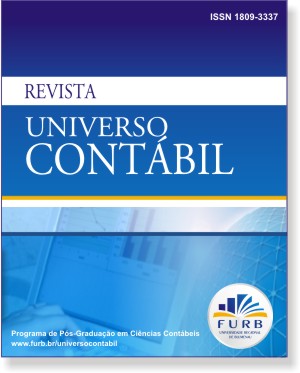OBJECTIVISM: WHY THE INFORMATION MANAGEMENT NEEDS A NEW BACKGROUND?
DOI:
https://doi.org/10.4270/ruc.20117Keywords:
Objectivism. Information management. Knowledge management.Abstract
The goal of this study is to illustrate how information management is rooted in the philosophic objectivism. It is also questioned whether the objectivism provides a sound and solid foundation for information management or not. Having these two goals, firstly it is explained what objectivism is and how this philosophical tradition can be extended to the economics. Then, it is illustrated how the information and knowledge management have been affected by the objectivist thought. The objectivism has determined the domain, rationality, definition and purpose that are commonly attributed to information and knowledge management, as well as the definitions of information, knowledge, communication and learning. In addition, the information and knowledge management show a deep appreciation for the form, how the market is organized, as suggested by economists. This article summarizes the objectivism and the economic assumptions on which information management was built. It ends up going back to the initial question. With the objectivism of the economy, the information management chooses a theoretical basis that will prove incapable of addressing the core of its existence: the information. It is concluded that the observation of Stigler (1961) still applies: "information occupies a poor place in the economics' city" (BABE, 1994, p. 49). The objectivism and the economics are and will remain being useful for information management, but must be complemented by theories of subjectivism that seek their contribution in the objectivism of the problems and that the economics cannot solve.
Downloads
Downloads
Published
How to Cite
Issue
Section
License
The copyright for papers published in this journal belong to the author, with rights of first publication for the journal. As the papers appears in this publicly accessed journal, the papers are for free use, receiving their credit, in educational and non-commercial uses. The journal will allow the use of the papers published for non-commercial purposes, including the right to send the paper to publicly accessed databases.


